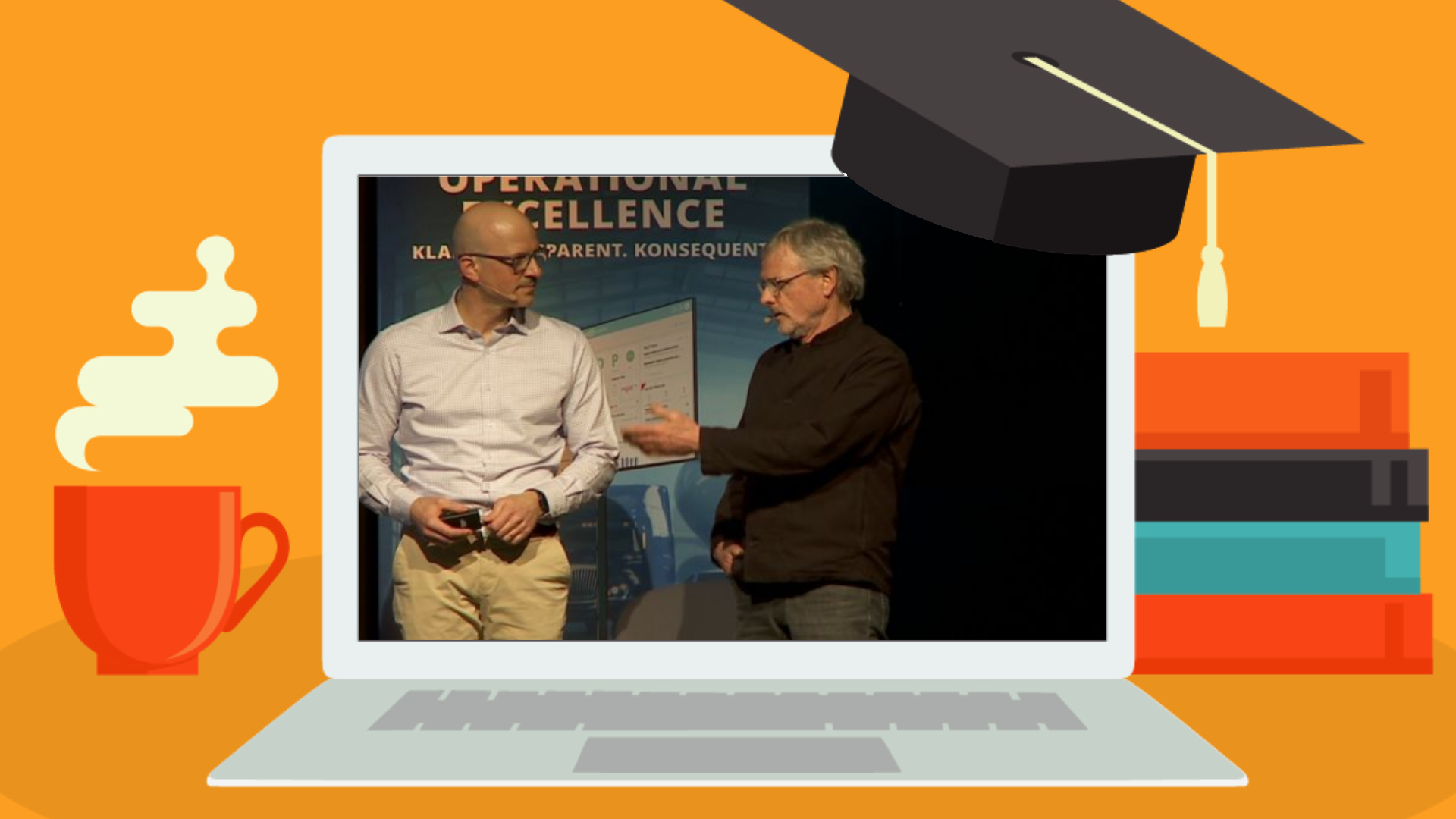
Kata: between light and shadow
With its increased complexity and dynamism, the 21st century is demanding more distributed leadership and experimentation, which in turn may be triggering a shift in management. It's a shift toward managers who understand and view their primary task as growing their team members' scientific-thinking skills, to be applied to the organization’s goals and problems. But how can a manager (a) teach scientific thinking skills, and (b) learn how to coach those thinking skills? With the Starter Kata practice routines of the Improvement Kata and Coaching Kata! However, with time and practice, less emphasis can be put on artifacts (i.e. the explicit, visible component) and more on the desired thinking and acting; more on developing your own way. At this stage, Toyota Kata may become like background music, not too loud, but always present. The way you practice Toyota Kata changes over time, but the underlying fundamental scientific patterns of thought embedded in the Starter Kata should stay; whatever they end up looking like at your place.
Teilen
Weitere Inhalte
Kennst Du schon LeanDownloads?
-
Kostenfreie und kostenpflichtige Downloads zu Lean, Agile, Leadership und vielem mehr
-
Lade Dir z.B. Checklisten, Formulare, eBooks und Präsentationen herunter
-
Stelle selbst Deine kostenpflichtigen und kostenfreien Download-Angebote ein

What would Deming do? (eBook)
Nurture great organizations and societies guided by W. Edwards Deming's best quotes. BetaCodex Press, 2023. 2nd, revised and expanded edition More than 180 quotes by the great W. Edwards …

Cell Structure Design Patterns (BetaCodex Network Whitepaper, EN)
This research paper presents key learnings from 20 years of Cell Structure Design-related work and from approximately 50 consulting projects performed by Niels and Silke. The white paper is …
Weitere Inhalte auf LeanOnlineAcademy

How Toyota influenced Scrum. Lean and other roots of Scrum
"Scrum is founded on empiricism and lean thinking. Empiricism asserts that knowledge comes from experience and making decisions based on what is observed. Lean thinking reduces waste and …

Wings for Your Team - Developing the 21st Century Lean Learning Organization
Imagine a workplace where curiosity, creativity, and continuous learning thrive every single day. In this exciting evening session, we’ll explore how we can empowers individuals and our teams …

Modul 2.1: Six Sigma as a process and project
This video describes the thinking behind the Six Sigma methology, its principles and general best practices needed to achieve successul outcomes.

Modul 2.3: Define Phase
This video and the following four ones are digging deeping into the five phases of a Six Sigma project as well as the process it consists of. The first phase is all about the understanding the …
